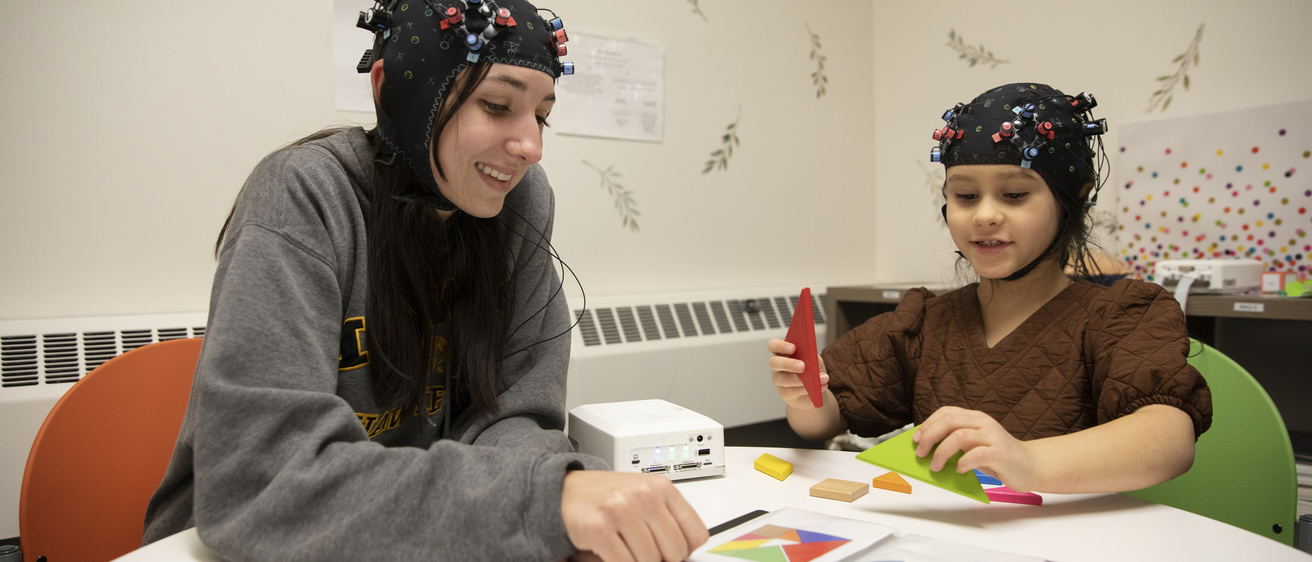Main navigation
Understanding developmental change
The developmental science research group comprises faculty and students interested in understanding the processes and mechanisms of developmental change in human and non-human animals. We seek to understand change over both short and long timescales, and how interactions at all levels of the developing system produce change.
Our research group is also integral to the DeLTA Center at the University of Iowa, an interdisciplinary research center devoted to understanding the processes of learning and development from multiple perspectives. The DeLTA Center draws from departments and colleges across campus, including psychological and brain sciences, communication sciences and disorders, computer science, medicine, and education. DeLTA Center members embrace the complexity of development and the challenges inherent in understanding the emergence of new skills over time.
We are also committed to translating insights beyond the laboratory, recognizing that translation is most impactful when guided by an understanding of developmental process.
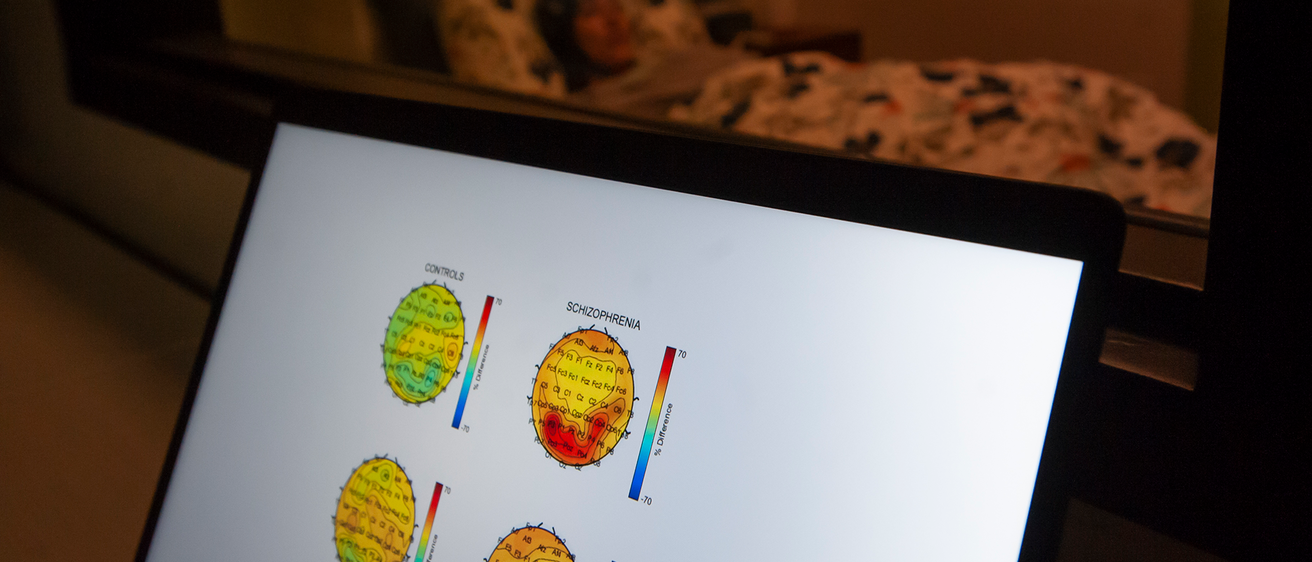
Specialized training
Specialized graduate training in developmental science can be pursued through any of our graduate training areas (behavioral and cognitive neuroscience, cognition, or clinical science) or through our individualized graduate training track. Once accepted into the graduate program, students and their mentors design individualized, student-centered programs of study that best fit the student's interests and future career objectives. Potential applicants are encouraged to contact potential faculty mentors for further information about applying to the program.
The developmental science research group is closely aligned with the developmental psychopathology research group, which focuses on understanding the origins, course, and mechanisms of adaptive and maladaptive developmental trajectories and pathways. Students with interests in developmental psychopathology should contact potential mentors for more information about opportunities for graduate study.
Train at the leading edge of developmental science
Unique coursework
Our distinctive coursework gives students strong training in 21st century developmental science and provides the foundation for a theory-based understanding of development that bridges laboratory experiments and real-world problems. Our innovative proseminar organizes developmental science by core mechanisms (e.g., learning, endogenous activity, caregiver-mediated learning) rather than by domain, to stress similarity in mechanisms across neural, motor, social, perceptual, and cognitive development. Students can also take courses in developmental cognitive neuroscience, applied developmental science, and a variety of content areas.
Proven success
Our graduates have a track record of success. Each year our students present at national conferences and publish first-authored papers. Our students have also won national awards such as the Society for Research in Child Development Outstanding Doctoral Dissertation Award, the Council of Graduate Schools/University Microfilms International Distinguished Dissertation Award in Social Sciences, and the American Psychological Association Dissertation Award in Developmental Psychology. This success translates into first-rate postdoctoral training opportunities and tenure-track positions at excellent universities.
Resources
An active research community
Researchers in the Developmental Science Research Group have a proven track record of success, consistently garnering significant grant funding and publishing many research articles each year. We are the only program nationally with back-to-back winners of the APA’s Distinguished Scientific Award for Early Career Contribution to Psychology in the area of Developmental Psychology (with three such awards total).
Top-of-the-line technology
Our students have access to the latest methodological innovations including functional Magnetic Resonance Imaging (fMRI), functional Near Infrared Spectroscopy (fNIRS), advanced developmental psychobiology techniques, infant looking and listening procedures, automated eye-tracking, immersive virtual reality technology, and cutting-edge computational techniques.
Faculty in developmental science
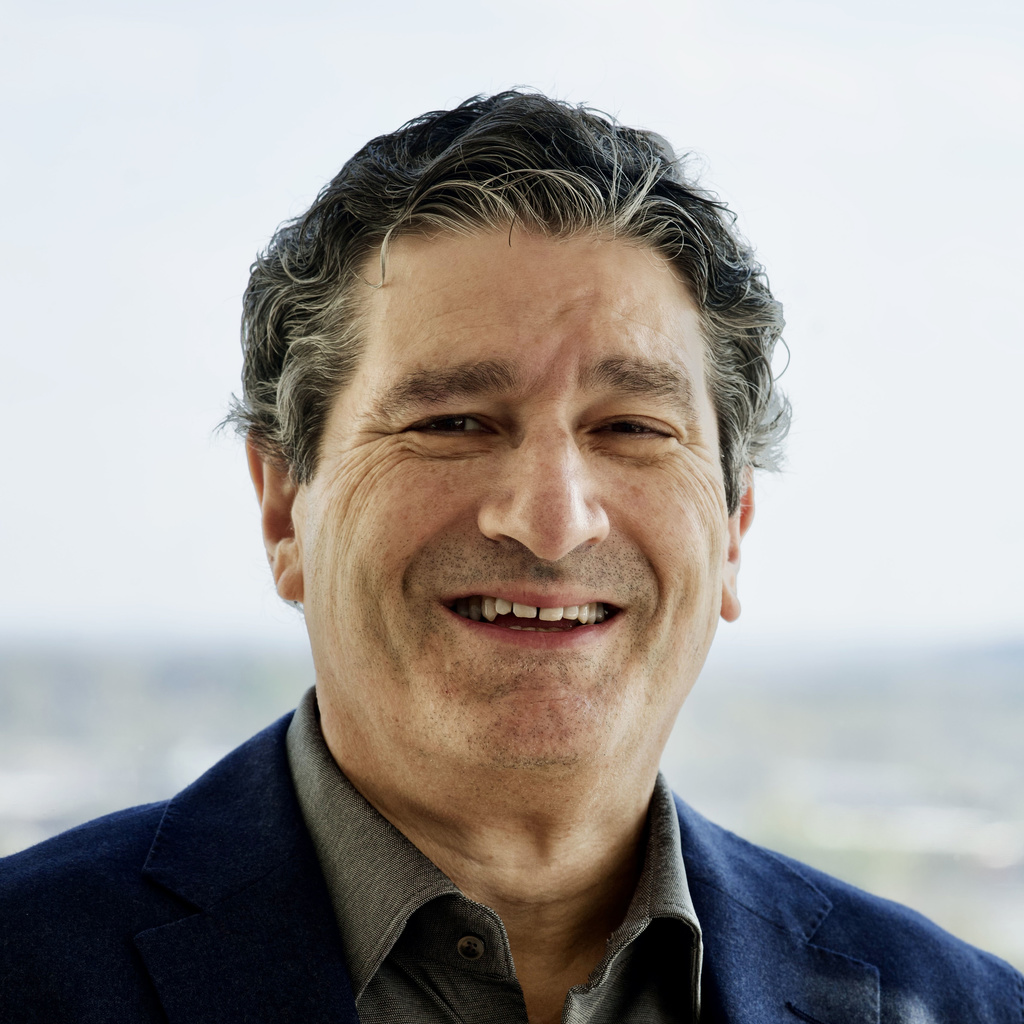
Mark Blumberg

Bengi Baran
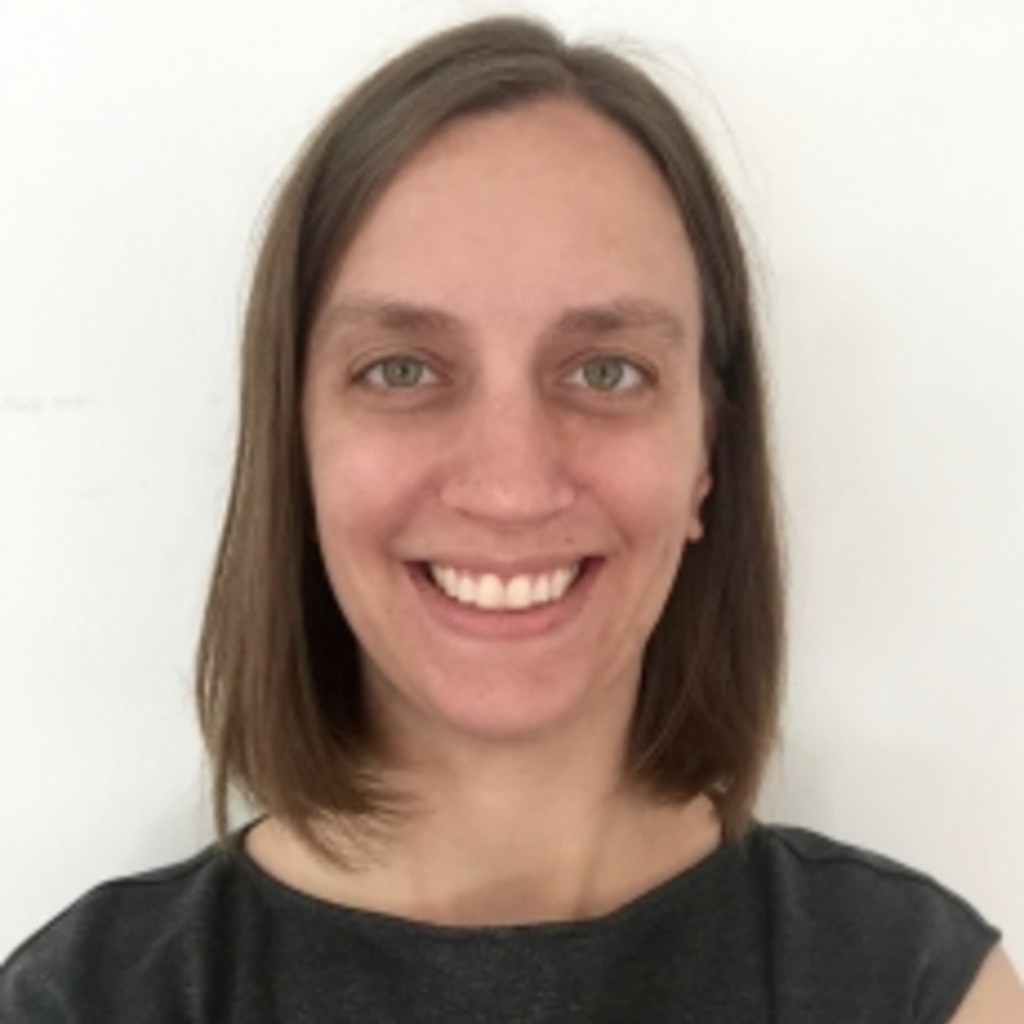
Susan Wagner Cook
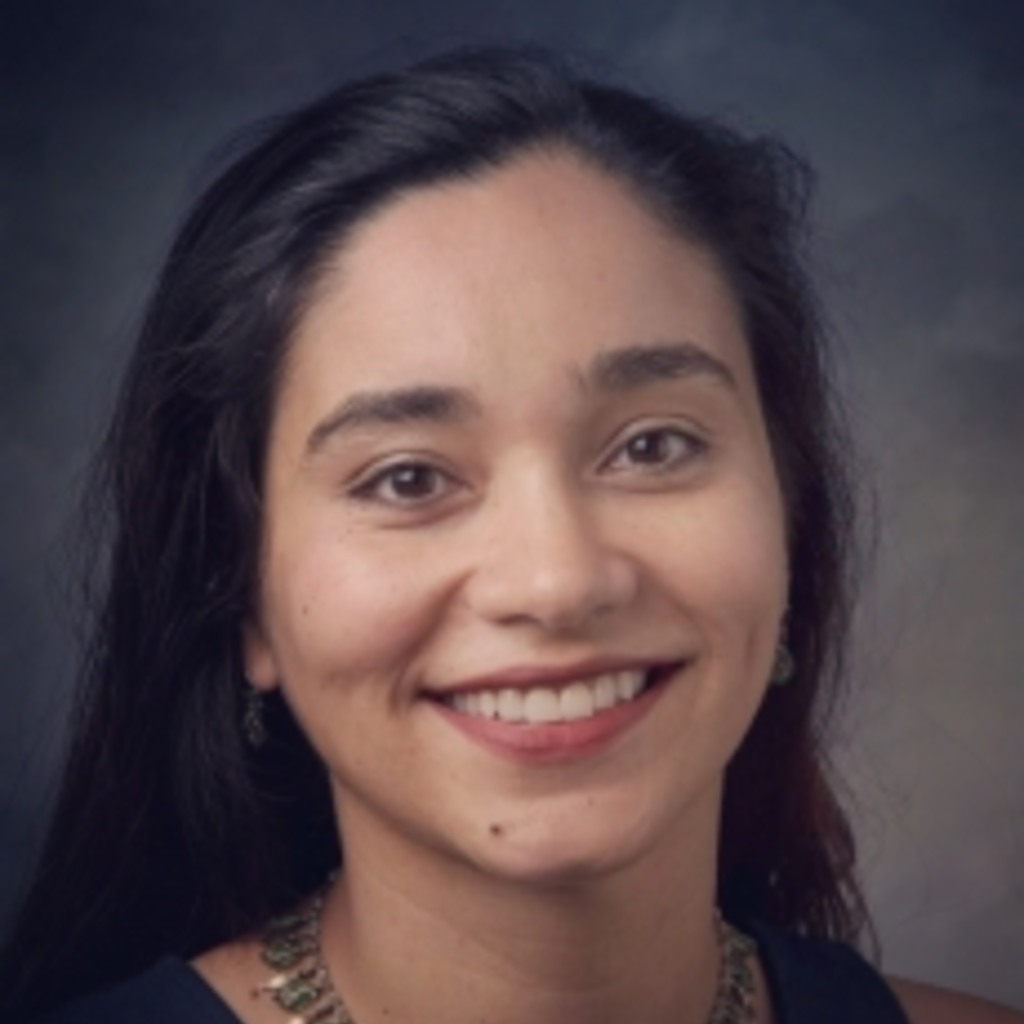
Ece Demir-Lira
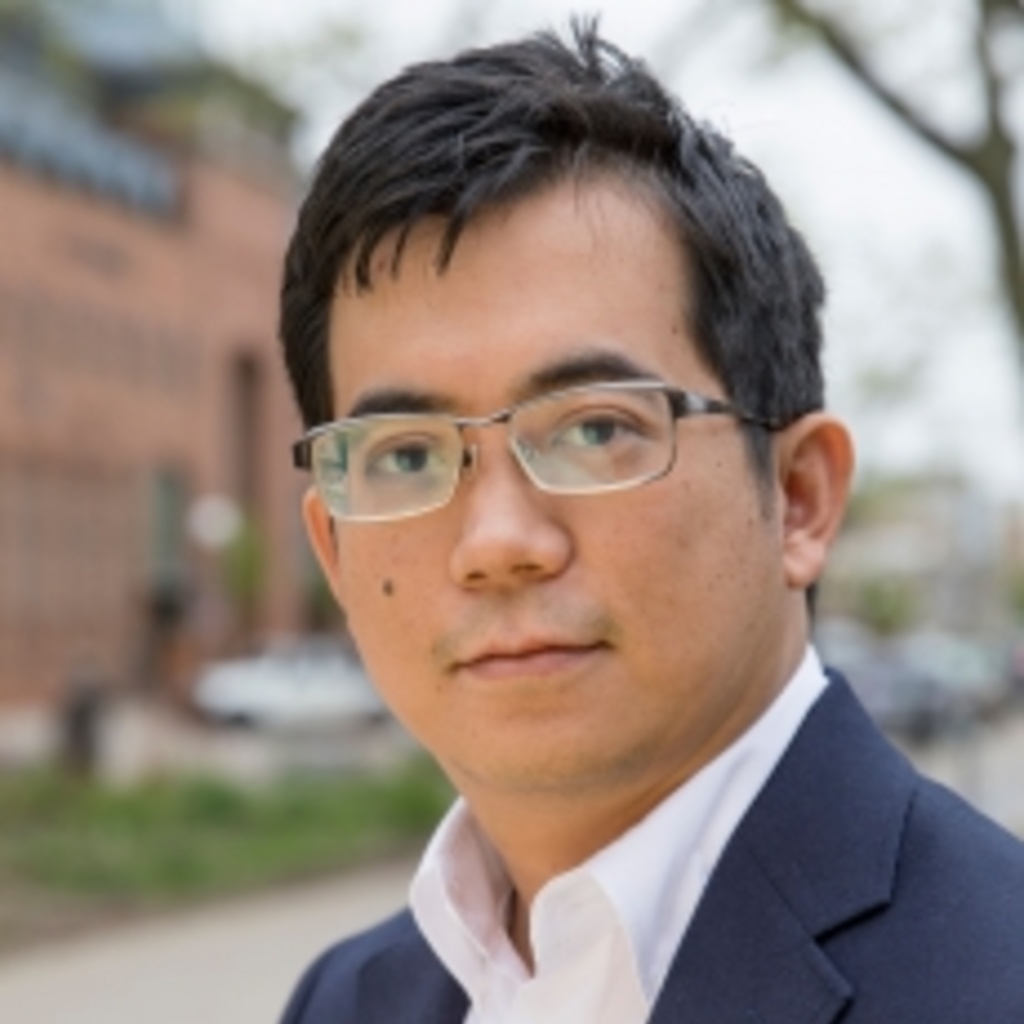
Kai Hwang

Dorit Kliemann
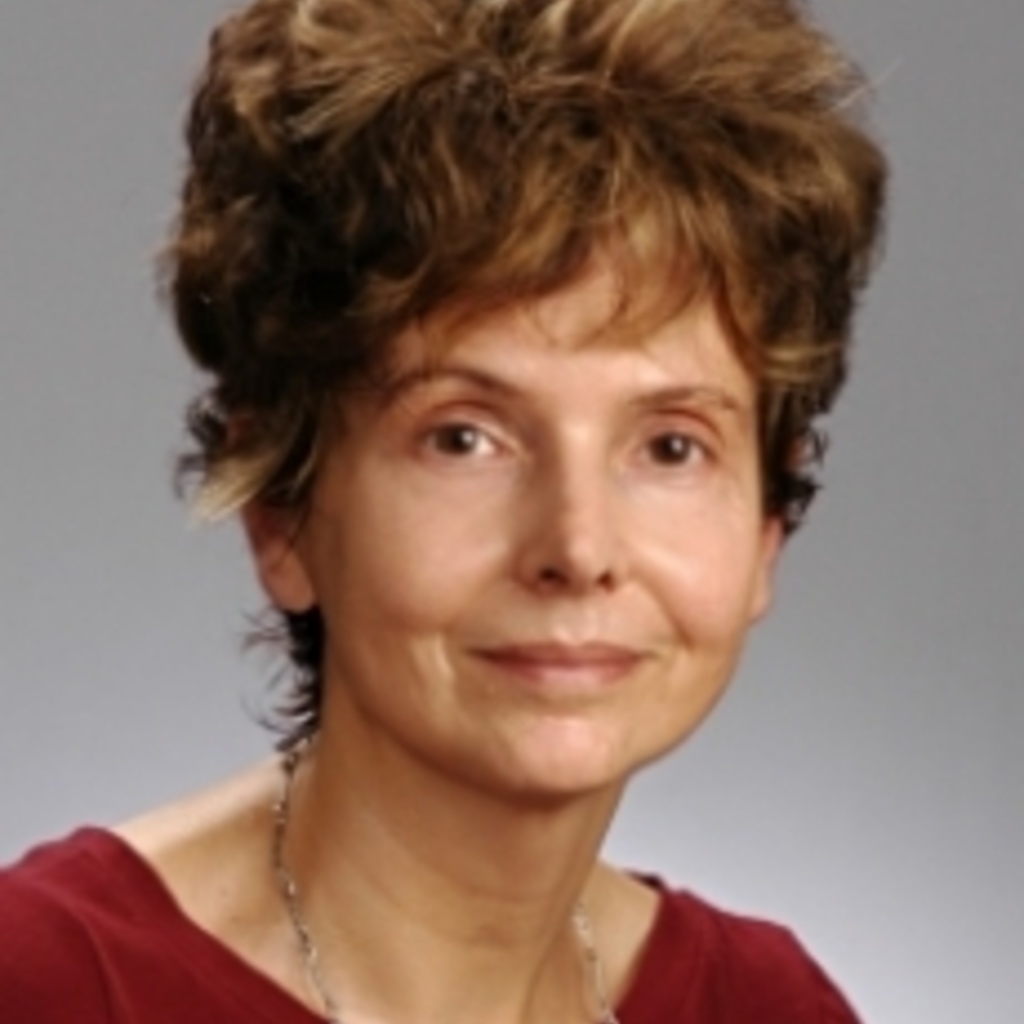
Grazyna Kochanska
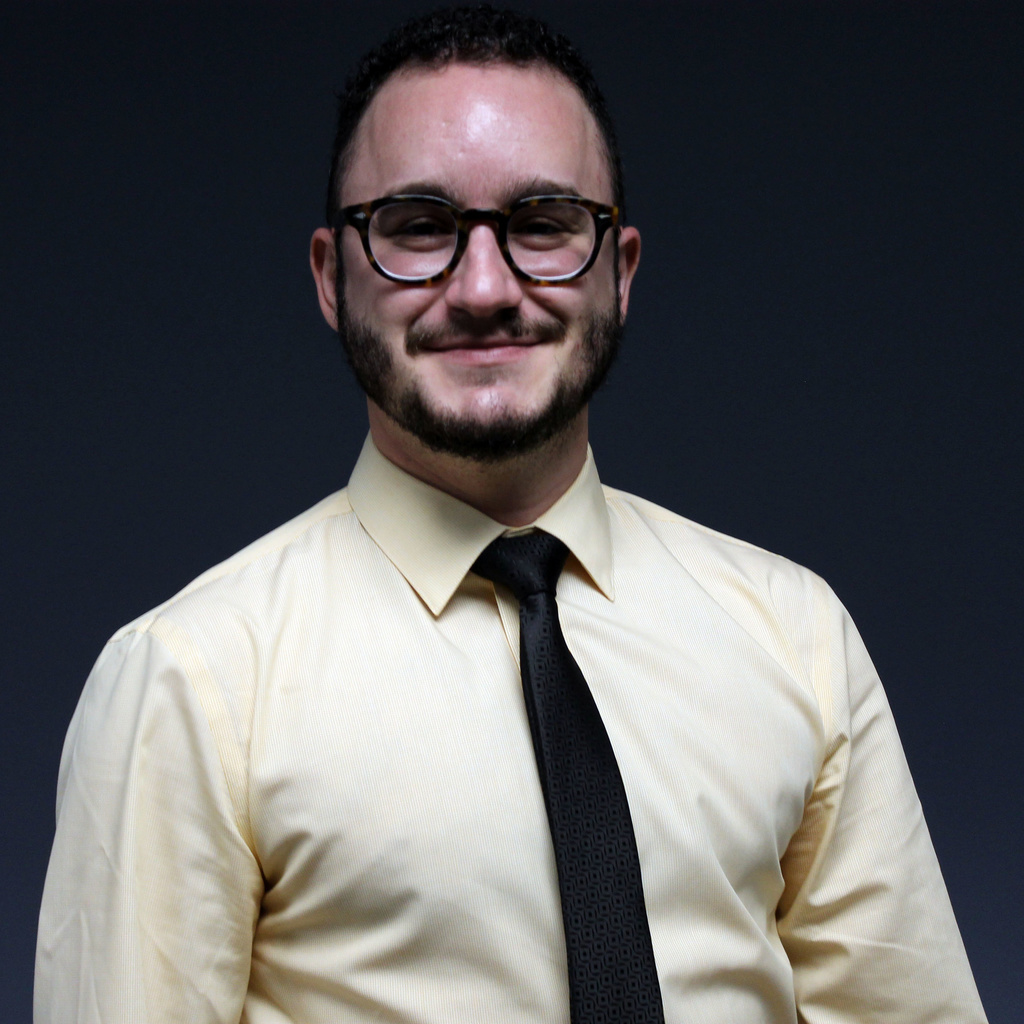
Ethan Kutlu

Bob McMurray
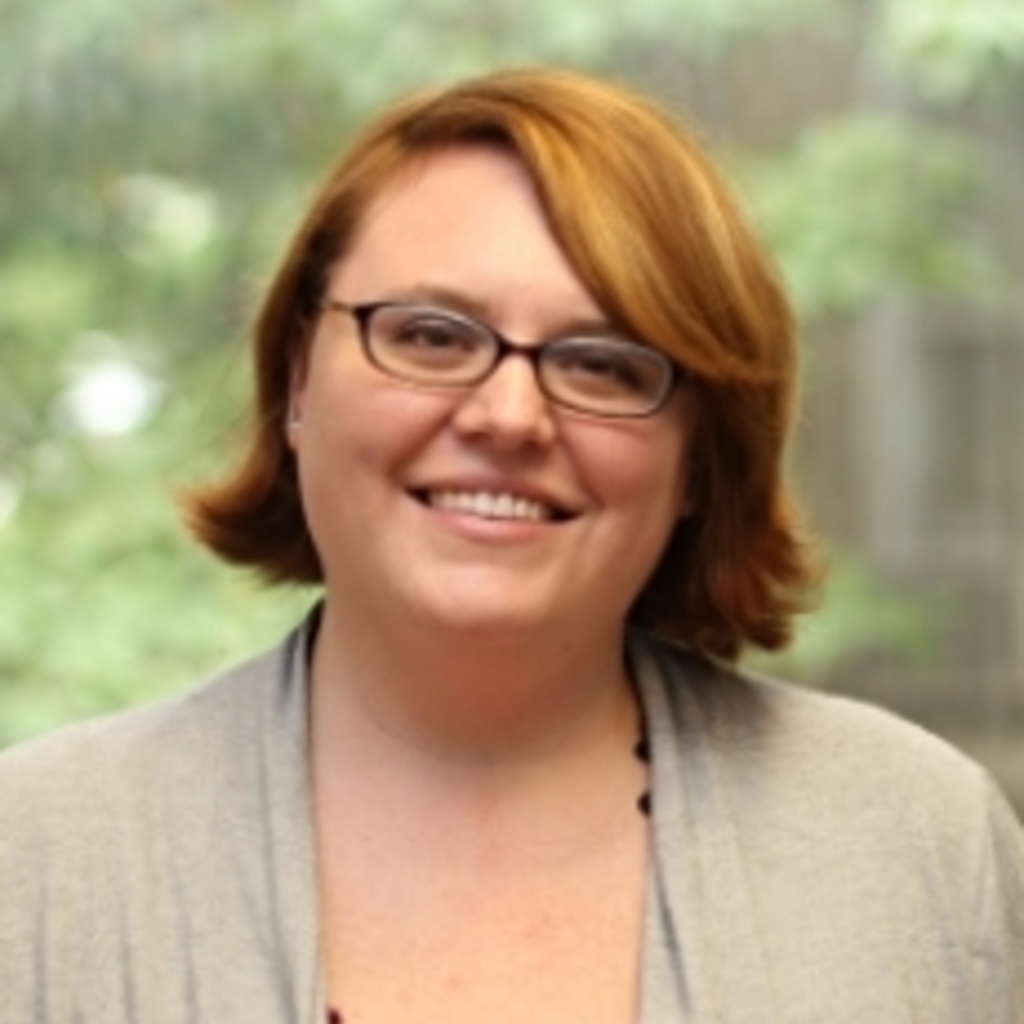
Molly Nikolas

Jodie Plumert
For more information
E-mail: susan-cook@uiowa.edu
Office phone: 319-384-1815
Mailing address: Dept. of Psychological & Brain Sciences
W311 Seashore Hall
University of Iowa
Iowa City, IA 52245
